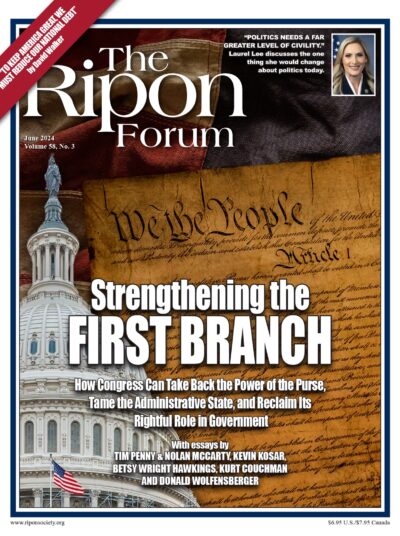
The recent push by the U.S. government to force the sale of TikTok underscores a significant pivot in how national security concerns are increasingly entangled with the digital economy.
What is critical to understand is that this move is not just about a single app but speaks to a broader anxiety about how American data is handled by companies under the jurisdiction, or influence, of foreign governments, particularly China.
The threshold questions moving forward revolve around the effectiveness of these steps in securing American data, identifying gaps in the current strategy, and discussing the broader implications for international data flows and trade.
Effectiveness of the Forced Sale
The primary rationale behind the forced sale of TikTok is to mitigate risks related to data privacy and national security. TikTok, owned by Beijing-based ByteDance, has raised concerns about the potential for user data to be accessed or misused by the Chinese government. By mandating a sale to a U.S.-based company, the federal government aims to ensure that American data remains on American soil, governed by American laws.
In practice, this could enhance data security by subjecting TikTok’s operations to stringent U.S. data protection standards, notably those concerning data storage and access. Such a change would ideally put American users’ data beyond the reach of foreign surveillance and misuse.
By mandating a sale to a U.S.-based company, the federal government aims to ensure that American data remains on American soil, governed by American laws. … However, the strategy of forcing a sale brings with it several shortcomings.
Shortcomings of the Current Approach
However, the strategy of forcing a sale brings with it several shortcomings. First, it assumes that ownership by a U.S. entity automatically guarantees better security and privacy protections. This overlooks the complexity of digital data flows, where data might still be stored or processed overseas, or American companies might acquiesce to foreign government demands for data under certain circumstances.
Second, this approach may be seen as setting a precedent that could lead to retaliatory actions by other nations. If the U.S. can force the divestment of a foreign company on national security grounds, other countries might do the same, affecting American businesses abroad.
The gravamen of the problem is that when we focus on the nationality of the owner rather than the security of the data management practices, this is more than likely not the optimal approach to data security. It risks engendering a false sense of security and does not address other vectors through which data might be compromised.
Improving the Trajectory of Our Approach
To better secure American data, the U.S. federal government should focus on enhancing and enforcing data protection standards, regardless of the company’s country of origin. This would involve developing a clear framework for data security that all companies, domestic and international, must adhere to if they wish to operate in the U.S. market.
It is incumbent on the U.S. not to further delay investing in building stronger international coalitions to establish and enforce global data security and privacy standards. This could mitigate the need for drastic measures like forced sales, while also promoting a more stable, secure, and forward-looking global digital economy.
Implications for International Data Flow and Trade
The forced sale of TikTok is likely to have profound implications for international data flows and trade. One immediate effect could be the balkanization of the internet, where data flows are restricted based on nationalistic lines. This could and more than likely would undermine the global interoperability of digital services, increase costs for global enterprises, and stifle innovation.
What’s worse is that this move would lead to a chill in international investments, as companies may perceive higher risks in investing in countries with unpredictable regulatory environments concerning data and digital services.
A forced sale of TikTok by the U.S. government is anything but the magic pill many seem to believe it is.
Rock Meets Hard Place
A forced sale of TikTok by the U.S. government is anything but the magic pill many seem to believe it is.
While a forced sale could, arguably, mitigate some immediate national security concerns related to data privacy, it is a solution with notable and profound design flaws.
A far better approach is one that focuses on universal, stringent, and transparent data security practices, underpinned by international cooperation rather than confrontation.
As digital technologies continue to evolve, the strategies to secure them must be equally dynamic and forward-thinking, lest they hinder the very innovation and global engagement they seek to protect.
A Pulitzer Prize-nominated writer, Aron Solomon, JD, is the chief strategy officer for Amplify. He has taught entrepreneurship at McGill University and the University of Pennsylvania, and was elected to Fastcase 50, recognizing the top 50 legal innovators in the world. Aron has been featured in Newsweek, Fast Company, Fortune, Forbes, CBS News, CNBC, USA Today, ESPN, Abogados, Today’s Esquire, TechCrunch, The Hill, BuzzFeed, Venture Beat, The Independent, Fortune China, Yahoo!, ABA Journal, Law.com, The Boston Globe, and many other leading publications across the globe.




